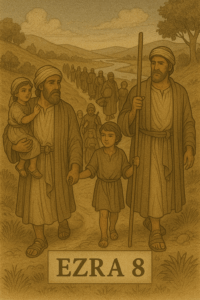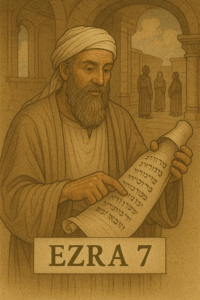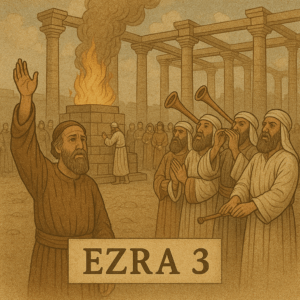The final chapter of 2nd Samuel captures a poignant moment in King David’s reign, reflecting themes of sin, judgment, and God’s mercy. Chapter 24 details David’s decision to conduct a census, the resulting divine punishment, and his heartfelt repentance that leads to atonement for the people of Israel.
The context of 2nd Samuel 24.
In this chapter, King David orders a census of Israel and Judah, an act viewed as a demonstration of pride and misplaced reliance on military strength rather than trust in God. Although Joab, David’s commander, advises against the census, David insists. The completion of the census provokes God’s anger, leading to severe consequences for the nation.
Themes explored in 2nd Samuel 24.
- The consequences of sin.
David’s decision to count the people is seen as an act of disobedience and pride. The chapter underscores the far-reaching consequences of sin, as the resulting judgment affects not only David but the entire nation. This serves as a reminder of the communal impact of individual choices. - Divine judgment and mercy.
After the census, God offers David three options for punishment: three years of famine, three months of fleeing from enemies, or three days of plague. David chooses to fall into God’s hands, trusting His mercy. The ensuing plague claims the lives of 70,000 people, highlighting both the severity of sin and the depth of God’s justice. - Repentance and atonement.
Witnessing the devastation, David acknowledges his guilt, pleading with God to spare the people. Directed by the prophet Gad, David builds an altar on the threshing floor of Araunah and offers sacrifices. God accepts the offering, halting the plague. This act of atonement emphasizes the power of sincere repentance and the importance of intercession. - The role of leadership.
David’s actions, both his sin and his repentance, demonstrate the profound influence of leaders on their people. His humility in taking responsibility and seeking God’s forgiveness serves as a model for leadership rooted in accountability and faith.
Modern reflections on 2nd Samuel 24.
This chapter challenges readers to reflect on their reliance on God rather than their own strength or resources. It also serves as a call to humility, reminding us of the importance of repentance and seeking reconciliation with God.
In today’s context, the story of David’s census invites us to examine our motivations and priorities. Are we placing our trust in worldly achievements or in God’s provision? Like David, we are reminded that genuine repentance and a contrite heart can lead to restoration and healing.
Conclusion.
2nd Samuel Chapter 24 concludes the book with a powerful message about sin, judgment, and God’s mercy. David’s journey from disobedience to repentance offers valuable lessons on humility, accountability, and the redemptive power of faith. As we reflect on this chapter, may we strive to place our trust in God and seek His mercy in our own lives.




